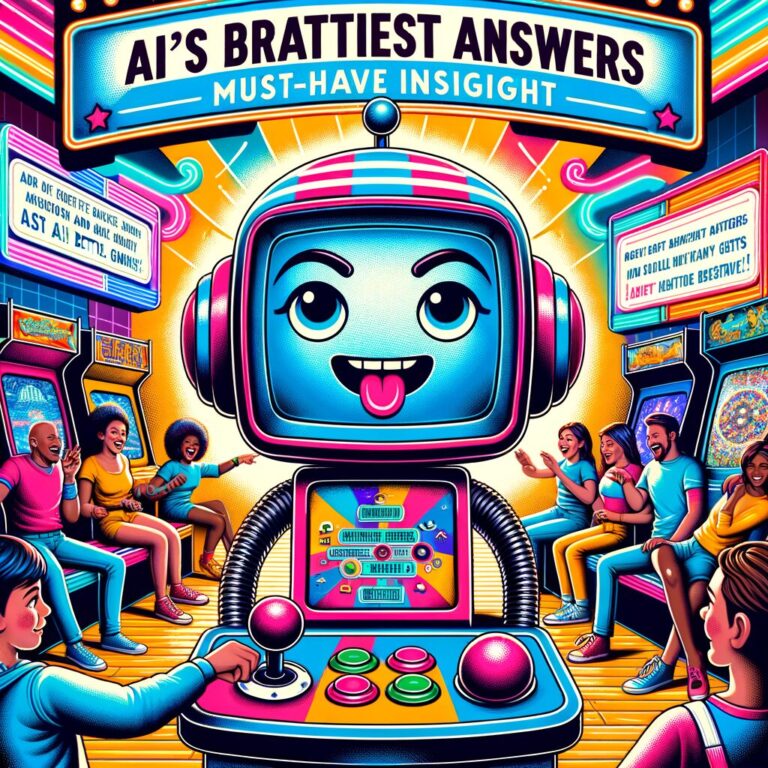Navigating the world of education in the digital age, students and educators alike have come across a new phenomenon called Homework Roasting AI. This innovative technology, designed to provide humorous and entertaining feedback on students’ work, has sparked debates about its effectiveness, impact on learning, and ethical considerations. Is Homework Roasting AI a helpful tool for encouraging creativity and critical thinking, or is it simply a fun but potentially damaging distraction?
Unveiling Homework Roasting AI
Homework Roasting AI is a cutting-edge platform that uses artificial intelligence to analyze students’ assignments, provide feedback, and deliver witty and often sarcastic comments on their work. From poking fun at spelling errors to cleverly criticizing logical inconsistencies, this AI tool aims to make the process of receiving feedback more engaging and entertaining for students.
How Does Homework Roasting AI Work?
When a student submits their homework on the platform, Homework Roasting AI scans the content using algorithms that assess grammar, content accuracy, and logical reasoning. The AI then generates feedback in the form of humorous comments, memes, or jokes tailored to the specific errors or areas of improvement identified in the assignment.
The Pros and Cons of Homework Roasting AI
Proponents of Homework Roasting AI argue that the platform can make the learning process more enjoyable and memorable for students. By injecting humor and wit into the feedback process, students may be more motivated to engage with the content and take feedback constructively. Additionally, the use of AI in education can help streamline the grading process for teachers, allowing them to focus more on personalized instruction.
On the other hand, critics raise concerns about the potential negative impact of Homework Roasting AI on students’ self-esteem and academic development. While humor can be an effective tool for engagement, overly harsh or insensitive comments from the AI may discourage students and undermine their confidence in their abilities. Moreover, relying too heavily on AI feedback could hinder students’ ability to develop critical thinking and problem-solving skills independently.
Ethical Considerations and Future Implications
As technology continues to permeate every aspect of education, ethical considerations surrounding the use of AI in the classroom become increasingly important. Teachers and educators must carefully consider the implications of using tools like Homework Roasting AI in terms of student well-being, academic integrity, and the quality of education provided.
In the future, the development of AI tools in education will likely continue to evolve, presenting both opportunities and challenges for the academic community. Finding the right balance between leveraging the benefits of AI technology and preserving the essential human element in education will be crucial in ensuring that students receive a well-rounded and impactful learning experience.
Conclusion
Homework Roasting AI offers a unique and entertaining approach to providing feedback on student assignments, blending humor and technology to engage learners in a new way. While the platform has its merits in terms of promoting student engagement and efficiency in grading, it also raises important questions about the ethical implications of using AI in education. As educators navigate the complexities of integrating technology into the classroom, it is essential to evaluate the potential benefits and drawbacks of tools like Homework Roasting AI to ensure that they enhance, rather than detract from, the learning experience.






